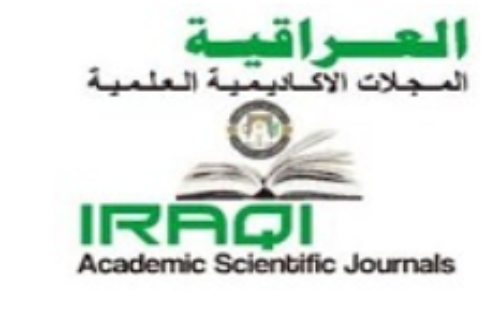Assessment of electrolytes and HbA1c in type 2 diabetic patients using metformin and evaluation of guidelines obedience regarding renal impairment
DOI:
https://doi.org/10.32792/utq/utjsci/v5i3.142Keywords:
type 2 diabetes mellitus, metformin,, , oral hypoglycemic agents, renal impairment, HbA1cAbstract
Metformin is indicated as the first line treatment in type 2 diabetes mellitus (T2DM). The objectives of this study
were to assess electrolytes and glycosylated haemoglobin (Hb1Ac) in patients with T2DM using metformin for long term therapy and also to demonstrate compliance with the guidelines regarding renal impairment. This study has been conducted in Al-Nassiriya Province. It was carried out on sixty patients (with T2DM for 5 years, age: 50-60 years).
We found that 43% of physicians use creatinine levels as a test for follow up while the others use urea and/ or
glomerular filtration rate (GFR). Only 57.2% of physicians follow the guidelines by doing the test every three months. The results showed high potassium and low sodium levels in patients treated with metformin only compared with other oral hypoglycaemic agents (OHAs). However, both were still within the normal level and statistically insignificant (P > 0.005). Calcium readings were high in patients treated with metformin compared with other OHAs and were statistically significant (P < 0.005), but still within the upper normal level. HbA1c was low (7.33%) in patients treated with metformin combined with other OHAs compared with HbA1c in patients treated with metformin only which was 9.48% and was statistically significant (P < 0.005). We need more clinical studies about electrolytes association with metformin. HbA1c should be taken in consideration when treating type 2 diabetes with metformin as initial therapy alone or in combination with other OHAs and /or withdrawn from metformin.
Downloads
Published
Issue
Section
License
Copyright (c) 2019 University of Thi-Qar Journal of Science

This work is licensed under a Creative Commons Attribution 4.0 International License.












